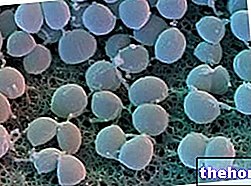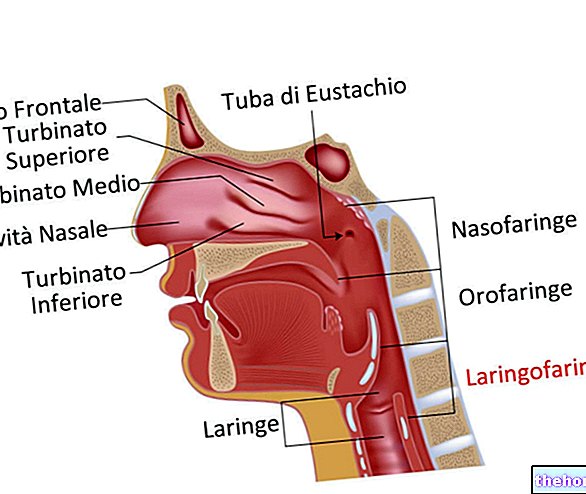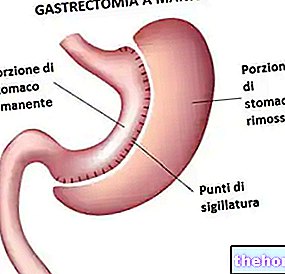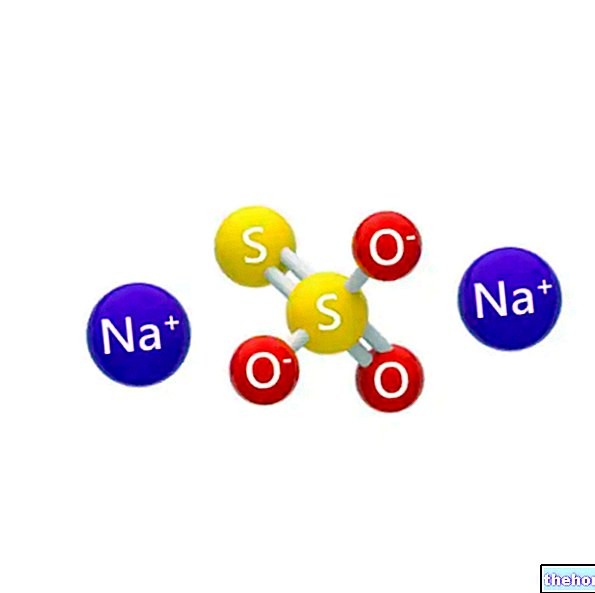Mycoplasma hominis is a microorganism that populates the genitourinary tract of some men and women, especially sexually active ones. Its presence in these locations can have both commensal significance (it does not create any suffering or disturbance) and pathological. In the latter case, Mycoplasma hominis is commonly implicated in the genesis of bacterial vaginosis and pelvic inflammatory disease, together with Chlamydia trachomatis and Neisseria gonorrhoeae.

The percentages of colonization, both in the male and in the female sex, are correlated to sexual activity (different partners), but the transmission of the infection can also occur vertically from mother to child. The data present in the literature are discordant; on average, Mycoplasma hominis is found in about 20 - 50% of sexually active women and in slightly lower percentages in males.
The treatment used to eradicate Mycoplasma hominis infection uses antibiotics that interfere with protein synthesis, such as azithromycin and doxycycline.
Mycoplasma are the smallest cells capable of autonomous life, with a cosmopolitan distribution. Immovable, devoid of rigid cell walls and as such of extremely variable morphology (spherical, filamentous), human mycoplasmas include the genera Mycoplasma and Ureaplasma (mycoplasma capable of hydrolyzing urea). Mycoplasma hominis and Ureaplasma urealyticum are the most pathogenic species. frequently isolated from the genitourinary system.
Common commensal of the genitourinary system, associated with some pathologies of the genital system of the adult and of the respiratory tract of the newborn.



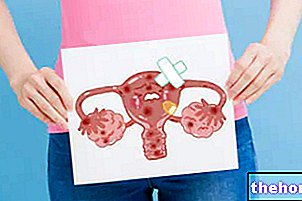

-cos-sintomi-cause-e-gravidanza.jpg)




